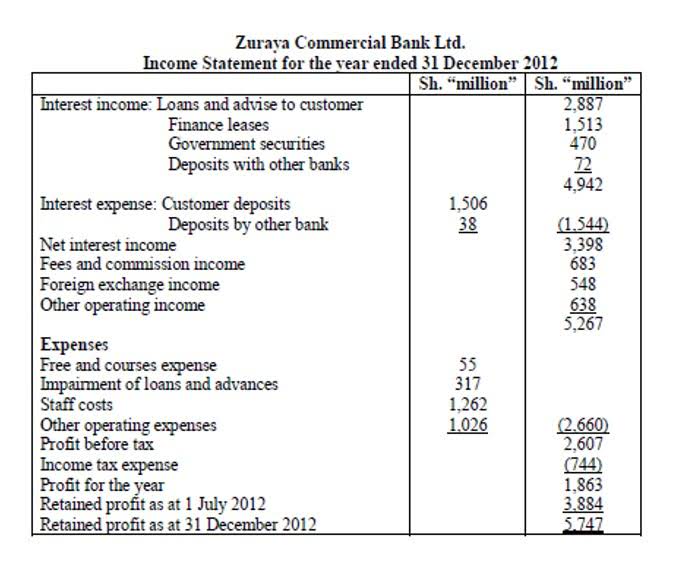Accounting for Law Firms: A Guide Including Best Practices

Trust accounting is the practice of keeping client funds given in trust (including unearned fees paid as a retainer, settlement funds, court fees, or advanced costs) in a separate account from law firm operating funds. To ensure your firm’s financial statements are accurate, complete, and up-to-date, you need to use sound bookkeeping for attorneys. Track and manage your firm’s revenue with precision using our legal practice accounting software. Our tools streamline invoicing, billing, and revenue reporting, ensuring smooth and accurate financial operations.

Book a demo with our friendly team of experts

Compliance is vital for avoiding legal issues and maintaining trust with clients and regulatory bodies. Avoid non compliance and potential ethical violations with Accounting Prose. We ensure funds are accurately and promptly disbursed, while maintaining accurate transaction records that comply with regulatory requirements. We provide regular reports detailing the status of each trust account including retained earnings balance sheet transactions made and the remaining balance, providing you with a clear understanding of trust accounts at all times. Time is the most precious asset a lawyer possesses, and we’re here to ensure you have the tools to maximize your law firm accounting efficiency.
We’re more than amazing accountants . . .
Founded by former AmLaw 100 and midsize law firm accounting managers, 4L curated the procedures and best practices employed by the largest firms and Certified Bookkeeper repurposed them in a shared service environment for midsize firms. 4L works at the intersection of law and accounting combining unmatched experience and specialized skills. We’ve partnered with some of the industry’s top time and billing, expense, and case management solutions partners. We want to help you achieve maximum billing efficiency and increase your overall profitability with the best law firm accounting software. A bookkeeper could be helpful for administrative help with your firm’s finances (like recording transactions, balancing accounts, and creating invoices).
- Additionally, a law firm accountant assesses crucial financial data that is used to verify profitability, cost management, and operational efficiency.
- Professional accounting firms that specialize in legal accounting are equipped with the latest tools and technologies to ensure accuracy in financial reporting and compliance with legal regulations.
- InvoiceSherpa automates your accounts receivable with reminders and collection software.
- Firms must adhere to Generally Accepted Accounting Principles (GAAP) or International Financial Reporting Standards (IFRS) to ensure transparency and accuracy.
Accounting for law firms: best practices

Tools such as Clio or CosmoLex help firms maintain compliance with state bar regulations and avoid errors. Additionally, law firms must understand the tax implications of holding client funds, as interest earned on trust accounts may be subject to taxation under specific sections of the Internal Revenue Code (IRC). Outsourcing accounting services for law firms to Invensis can help law firms streamline their cash flow management. Our expert accountants and bookkeepers provide accurate and timely financial reports, enabling law firms to make informed decisions about their finances. At Lescault and Walderman, we understand accounting for law firms and the importance of accurately billing time and leveraging financial data to make operational decisions.

- Whether you do the task yourself or outsource it to a pro, the goal is to make sure your books are accurate, up-to-date, and useful to you and your CPA.
- Efficient billing and invoicing practices optimize cash flow and strengthen client relationships.
- With the accrual method, you record revenue when it’s earned and expenses when they’re incurred—whether they’re paid right away or not.
- This encompasses a variety of specialized financial activities, such as client billing, trust accounting, and ensuring compliance with ethical regulations.
- Aprio’s team of CPAs works closely with managing partners and administrators to provide comprehensive tax and advisory services tailored to the needs of law firms and individual attorneys.
While mismanaging an IOLTA account carries stiff penalties, many law schools offer little to no training when it comes to managing trust accounts. As a result, attorneys often find themselves making several common mistakes again and again. Every state has an IOLTA program, and it’s likely that the bank where you opened your regular business checking account also offers IOLTA accounts.
- Compliance with accounting standards, whether GAAP or IFRS, ensures transparency and consistency.
- You can go with an accrual or cash accounting method in the US, and the difference is mostly about timing.
- And when you commingle your personal and business finances, the following problems can arise.
- Legal work is at the heart of any law firm and the firm’s success and the opportunities for growth stem from serving clients and managing cases.
- To make sure that your bookkeeping has accounted for this correctly, you’ll need to make sure that the balance in your IOLTA trust bank account matches the amount reflected on your books for the IOLTA account.
- But rules do vary by state, so consult your State Bar Association and a professional accountant before finalizing your accounting setup.
Save Time with Effortless Transaction Posting

The firm plans to abide law firm accounting services by all of the ethics rules surrounding such arrangements. “We will strive to set the bar for quality and ethics in legal services,” said the spokesperson. Partnering with firms in other states, KPMG Law US plans to serve clients nationally, including in Arizona.
0 comments on Accounting for Law Firms: A Guide Including Best Practices